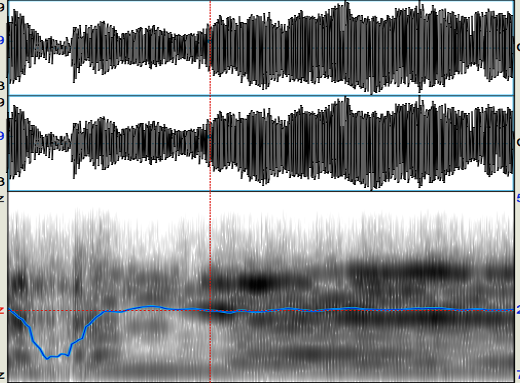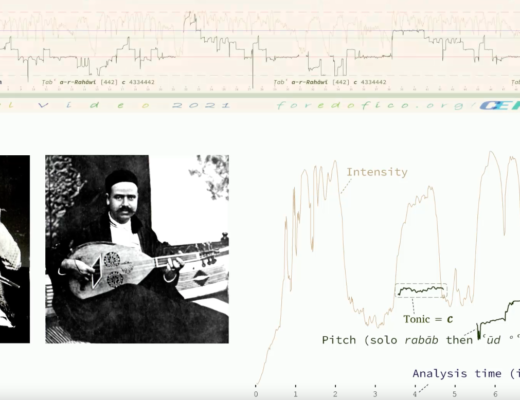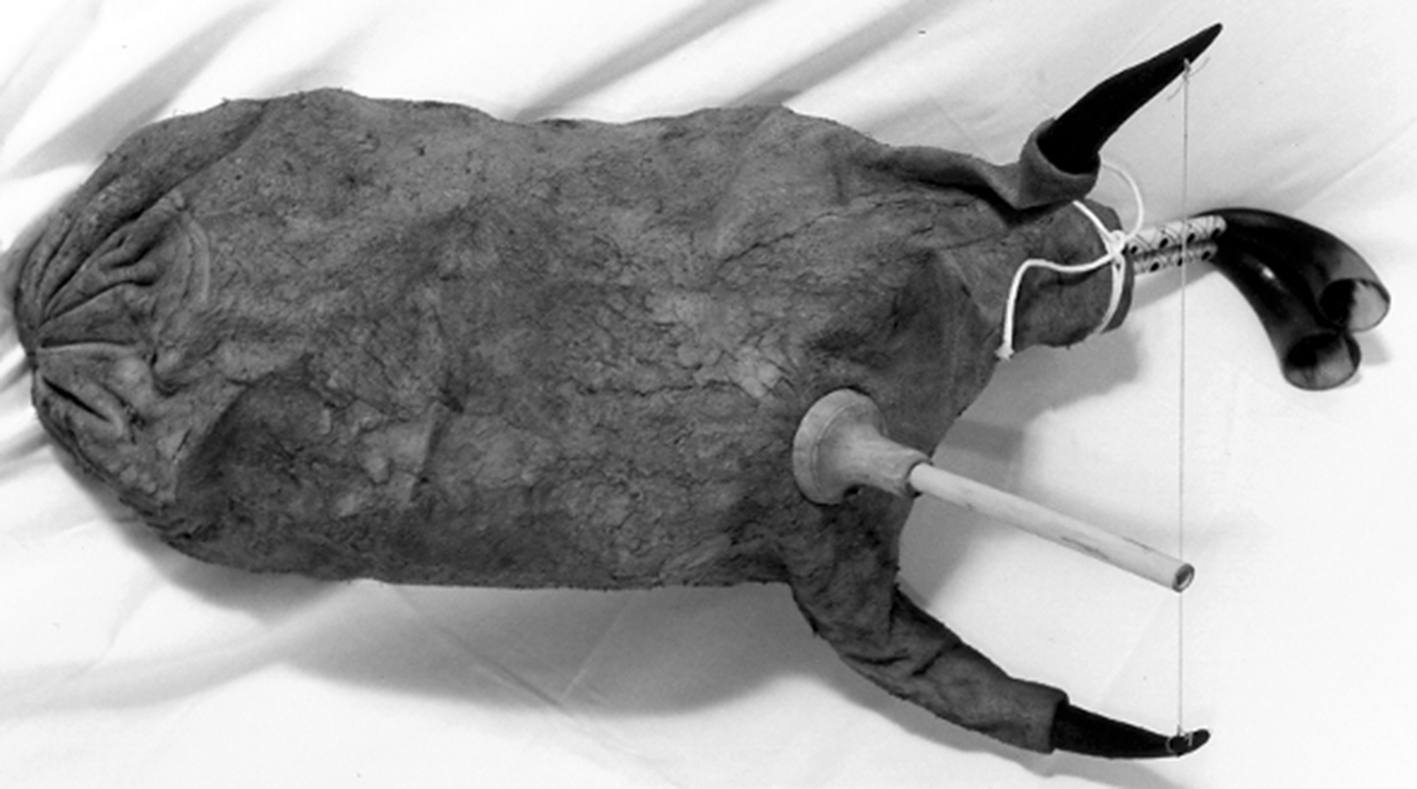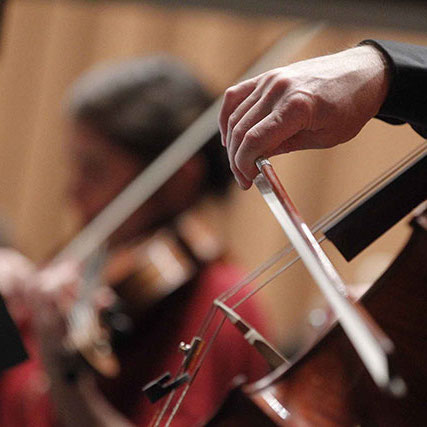
This article attempts to present the different forms of the sung repertoire of of Awlâd sîdî ‘Abîd community, living in the extended region from the South East of Tunisia (Gafsa – Tozeur) to Tebessa in Algeria. The article also tries to define the musical characteristics of this repertoire through an analytical study of one of its most famous forms: the ṭarg ‘îfî.



